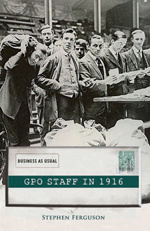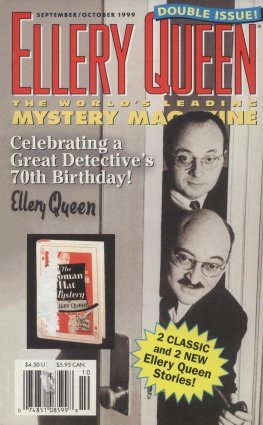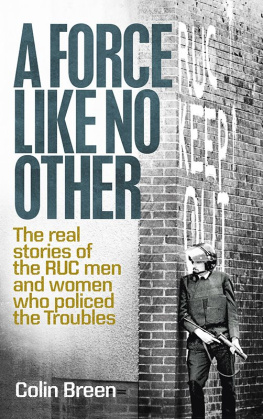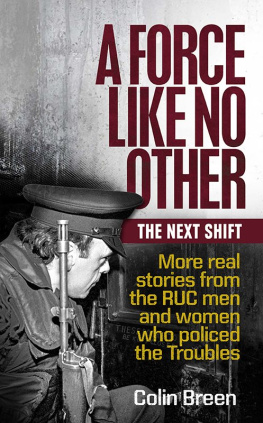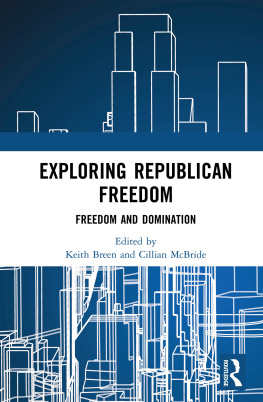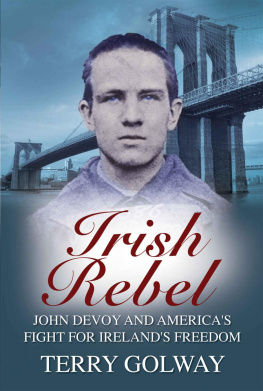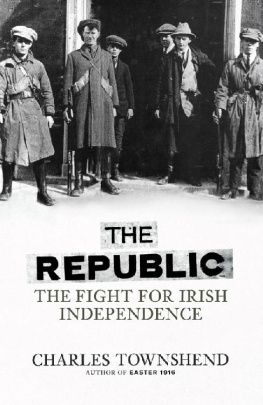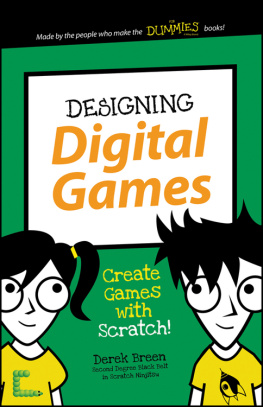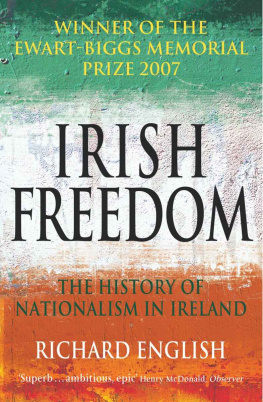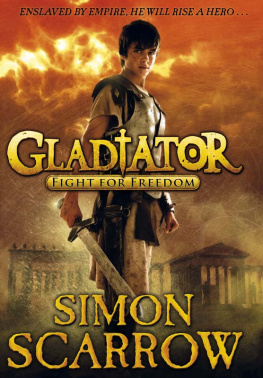MERCIER PRESS
3B Oak House, Bessboro Rd
Blackrock, Cork, Ireland.
 | www.mercierpress.ie |
 | http://twitter.com/IrishPublisher |
 | http://www.facebook.com/mercier.press |
Mercier Press, 2011
ISBN: 978 0 947962 333
Epub ISBN: 978 1 78117 028 1
Mobi ISBN: 978 1 78117 029 8
This eBook is copyright material and must not be copied, reproduced, transferred, distributed, leased, licensed or publicly performed or used in any way except as specifically permitted in writing by the publishers, as allowed under the terms and conditions under which it was purchased or as strictly permitted by applicable copyright law. Any unauthorised distribution or use of this text may be a direct infringement of the authors and publishers rights and those responsible may be liable in law accordingly.
CHAPTER ONE
CHILDHOOD AND YOUTH
I was born on 11 August 1894 in my fathers cottage at Grange, one mile south of Donohill, Co. Tipperary. I received the name Daniel at my christening, which took place two days later at Solohead parish church. My parents were Daniel Breen and Honora Moore. My mother was a native of Reenavana, Doon, Co. Limerick. The children born to them in order of seniority were Laurence, Mary, John, Winifred, Catherine, Patrick, Dan and Laurence (Junior). The firstborn, Laurence, died when I was about four years old. He was eighteen at the time of his death. He and two other lads of about the same age had spent some hours fishing the Multeen brook on a night of dense fog. All three of them contracted pneumonia and died a couple of weeks later. A superstitious old woman spread the tale that the young fellows had watched a hurling match between two teams of fairies in the rath field and thereby forfeited their lives.
My father died from blood-poisoning at the age of sixty. A thorn pierced his finger when he was scarting a fence. The wound turned septic and he was laid up for more than one year before his death. He was a pleasant-looking, bearded man of middle height. I was about six years old at the time of his death and I have only a faint recollection of him. I remember one sunny day when he took me by the hand and led me through the fields. When I got tired he lifted me on to his shoulders and brought me home pick-a-back. I have a distinct memory of the coffin being brought into the room in which he was waked. The womenfolk set up such a keening that Martin Breen, my fathers cousin, ordered them to go down to the kitchen.
My fathers death must have been a great blow to my mother who had to provide for a houseful of children, the youngest of whom was still in the cradle. My mother was a midwife and managed to make ends meet even though she was hard pressed at times. Her meagre earnings were supplemented by Mary and John. Mary was hired as a general servant in a neighbours house at a wage of six pounds a year. John went to work for a farmer. They brought home every penny that they earned.
Even though I was very young at the time of the Boer War, I can still remember the neighbours sitting round the fire, listening to someone reading aloud the news from The Irish People. I recall their exultation over the victories gained by the Boer Generals, Cronje and de Wit, and how thrilled they were by the British defeat at Spion Kop.
I remember the last eviction which took place one mile from Grange. Michael Dwyer Ban, a relative of ours, was ejected from his home and died on the roadside. This event left an indelible impression on my mind.
The Land Act of 1903, which enabled tenants to purchase their holdings, broughtgreat joy to the farmers. They seemed to have entered an utopia where the threat of famine no longer existed. In a short time, however, they began to complain of the high rent, 2 to 2-5-0 an acre. I often heard my godfather, Long Jim Ryan, and my uncle, Lar Breen, talking about this high rent and also the poor price paid for milk delivered to the new Cleeves factory. They considered that threepence a gallon was not an economic return. I did not know the meaning of the word economic but I received the impression that everything was not tinted with a colour of rose. Their chief grievance was that no back-milk was given to the suppliers.
Our family barely existed above the hair-line of poverty. Most of the neighbours were in a similar plight. Potatoes and milk were our staple diet. On special occasions we had a meal of salted pork but the luxury of fresh meat was altogether beyond our reach.
I went to Garryshane school at the age of four. Even though the building was in the village of Donohill, the national school had to take its title from the name of the field on which it was built. The Protestants objected to the school being called Donohill National School; they claimed exclusive right to the prefix Donohill because it was the official name of their parish.
The school was a drab two-storey building with no playground for the pupils. The girls occupied the upper floor, the boys the ground floor. The principal of the boys school was James Power, a kinsman of the Breens. He died about the time that I was in the fourth class. Charlie Walshe, a Kerryman, was appointed to act as substitute teacher pending the appointment of a new principal. He was better known in later years as Cormac Breathnach, Lord Mayor of Dublin. Charlie had been engaged by the Gaelic League to teach Irish in the rural areas. He did relief work in several national schools of our district. It may be of interest to learn that he also taught Sean Treacy, Dinny Lacey, Packy Deere, Sean Hogan and a lot of my pals who are now dead. Some of those lads did not belong to our parish, but all of them lived within a two-mile radius. He did not confine his history lesson to the official textbook. He gave us the naked facts about the English conquest of Ireland and the manner in which our country was held in bondage. We learned about the Penal Laws, the systematic ruining of Irish trade, the elimination of our native language. He told us also of the ruthless manner in which Irish rebellions had been crushed. By the time we had passed from his class, we were no longer content to grow up happy English children as envisaged by the Board of Education. To the end of his days Charlie was in the habit of boasting of his rebel past pupils.
When I reached my fourteenth year, my schooldays came to an end. I had to go out and earn my bread. Father Martin Ryan, our parish priest, gave my my first job on the renovation of our old school. Laurence Dwyer was foreman and carpenter, Pat ONeill did the plastering, Mylie Carew and I did the rough labour. Father Ryan paid me nine shillings a week, no mean sum in the eyes of a young gossoon. I was a proud boy on that first Saturday night when I handed my pay-packet to my mother. When the renovation of the school had been completed, I worked for farmers in the district.
In the spring of 1913 I got a job as linesman on the Great Southern Railway. My wages were eighteen shillings a week, plus a living-out allowance of nine shillings (even in Dublin lodging-houses we got the best of grub at nine shillings a week). My work took me to Mallow, Cork and Dublin, because the maintenance gangs had to move from place to place as their services were required. My work made me familiar with the railway network and this knowledge served me well in later years when I was an outlaw. I was employed at the laying of the yard at Inchicore when the Great Strike of 1913 occurred. I walked round the streets of Dublin after the days work had finished and saw the police wielding their batons in frenzied charges, felling strikers and sightseers indiscriminately.





